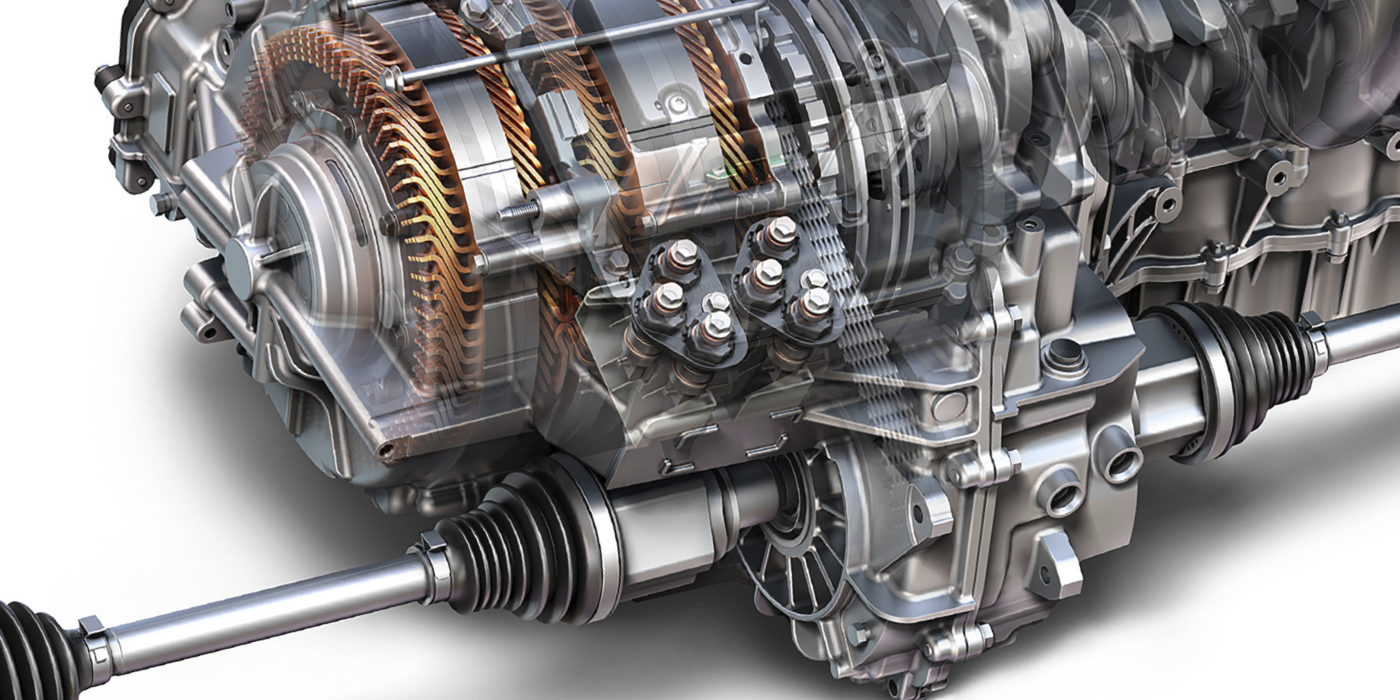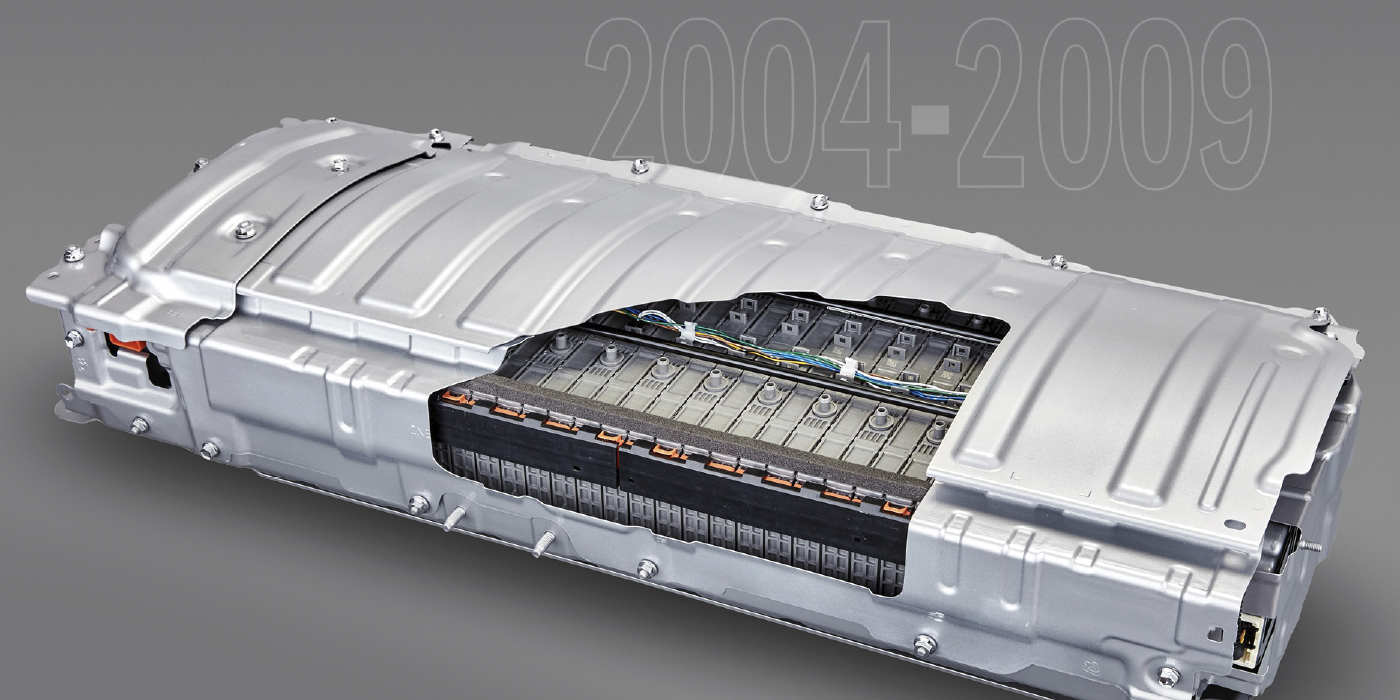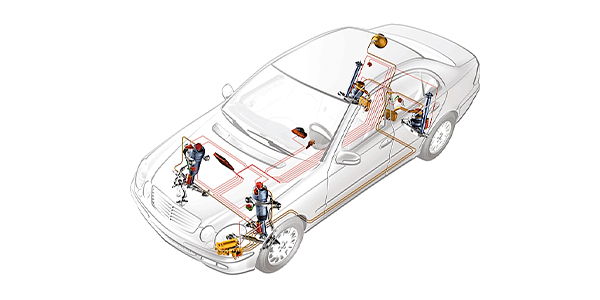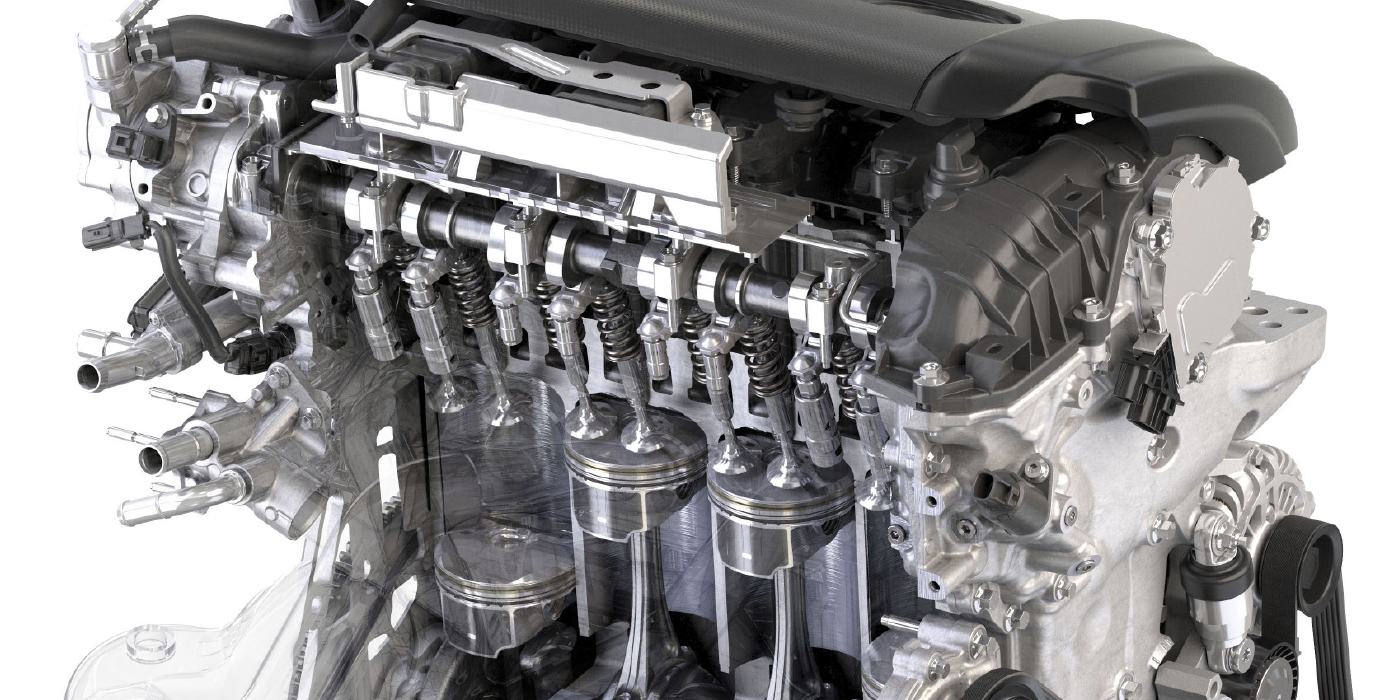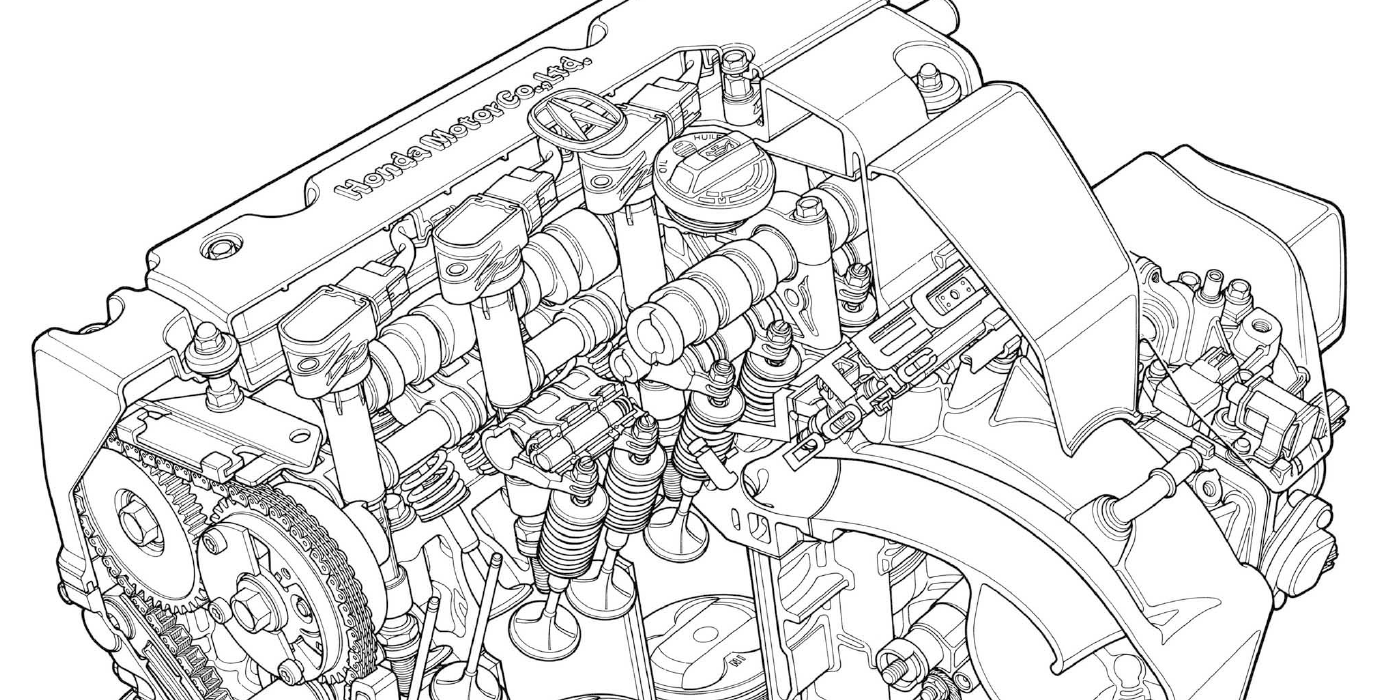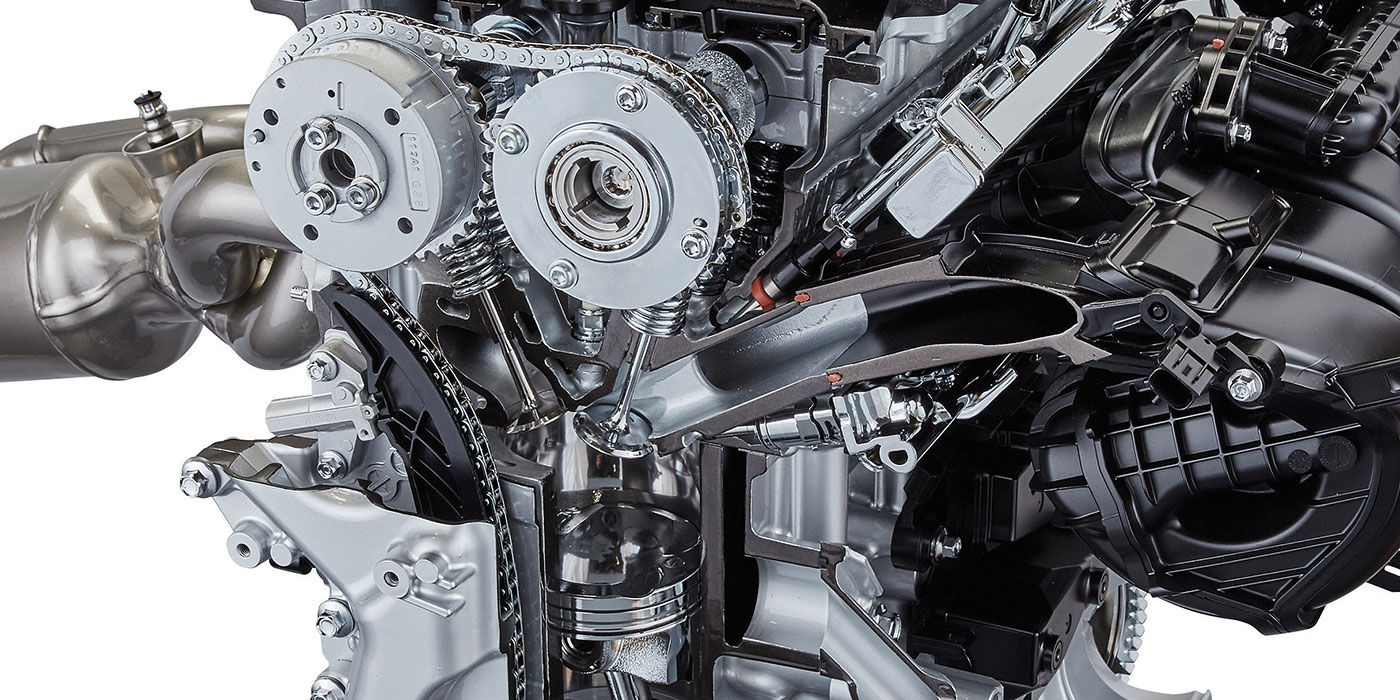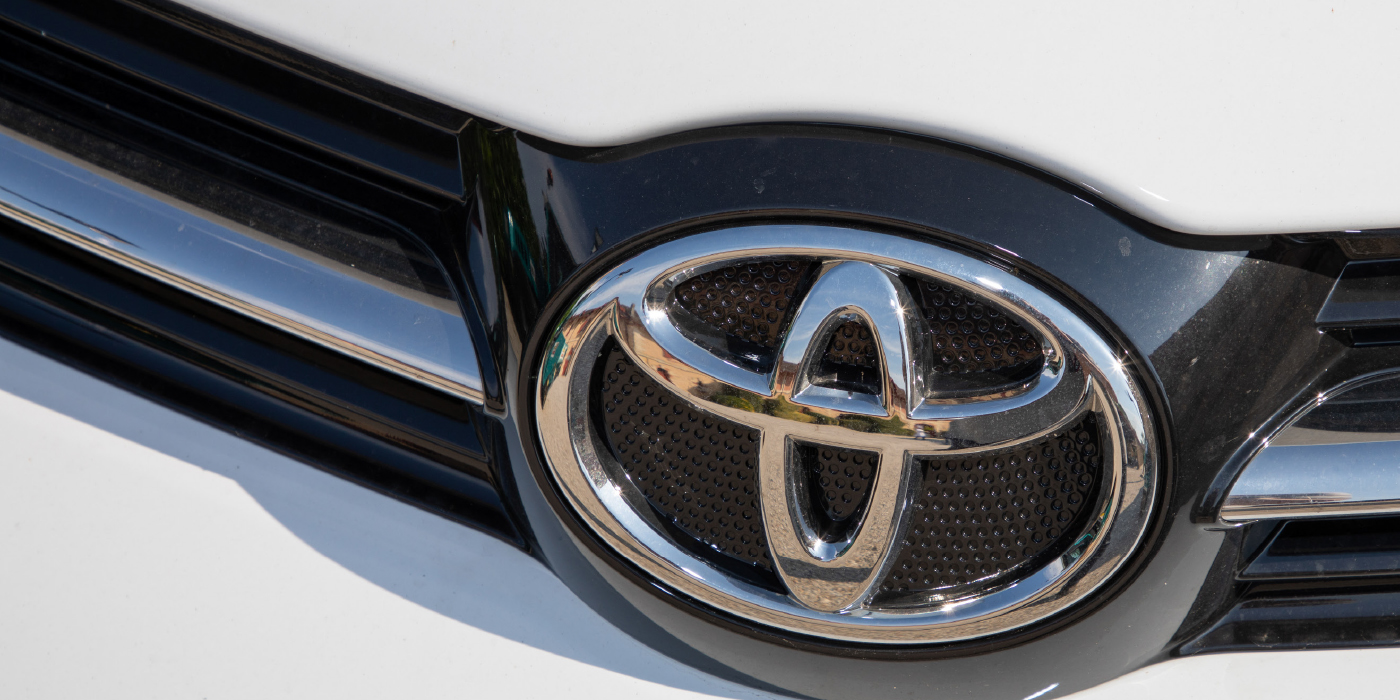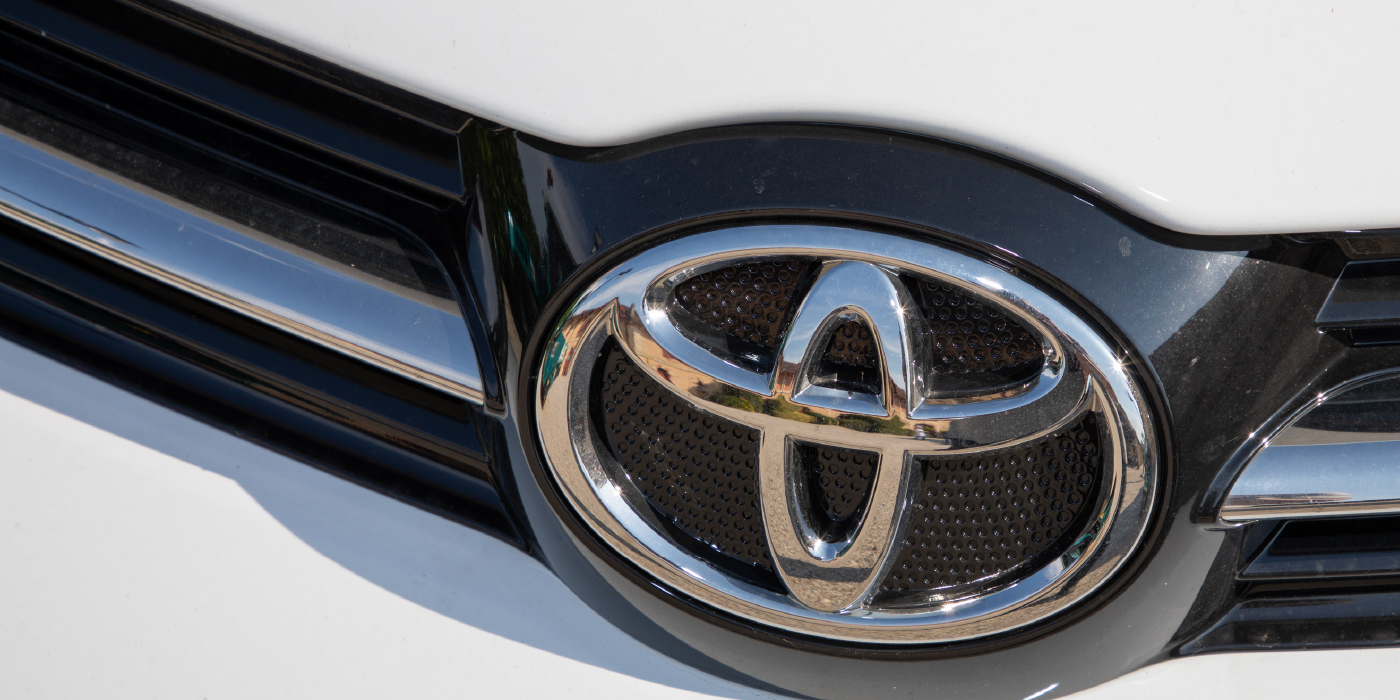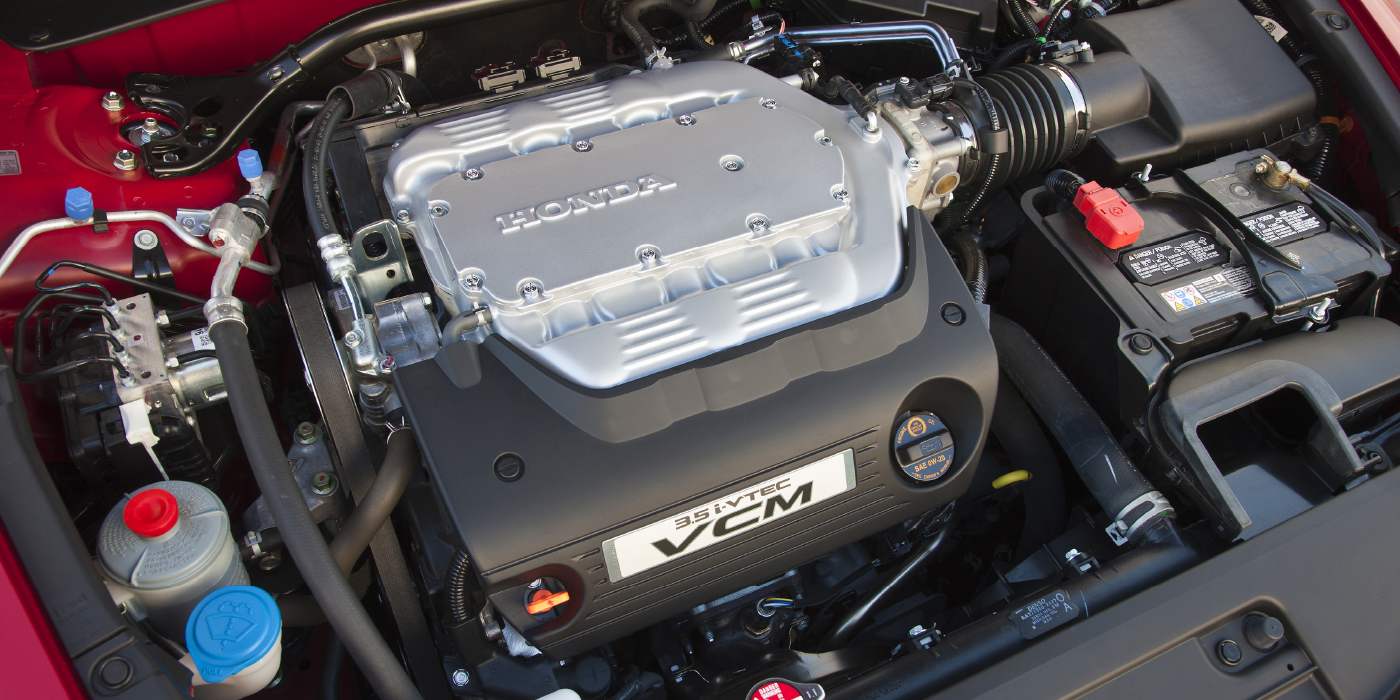Q: How often should fuel filters be replaced?
A. Most late-model vehicles have no factory-recommended service for the fuel filter because the filter is a “lifetime” filter part of the fuel pump assembly buried inside the gas tank. So the only recommendation is to replace it if it is clogged or the fuel pump is being replaced. New fuel pump modules usually come with a new filter as part of the assembly, but if a customer is replacing the pump separately he should also change the filter and pickup screen.
On vehicles that have inline fuel filters, there may be a recommended service interval (typically 50,000 miles). But if the filter becomes clogged with dirt, rust or sediment from the fuel tank, it may have to be replaced sooner. Frequent fuel filter clogging would tell you the fuel tank is being contaminated with outside dirt, or it is rusting (a steel tank), or is flaking (older plastic tank). The fix here may require cleaning or replacing the fuel tank.
A common symptom of a clogged fuel filter is loss of high-speed power caused by a restriction in fuel flow when engine demand is high. If the filter becomes completely blocked, it will starve the engine for fuel causing the engine to die. Technicians will often cut open a clogged fuel filter to find out what caused it to clog up.

